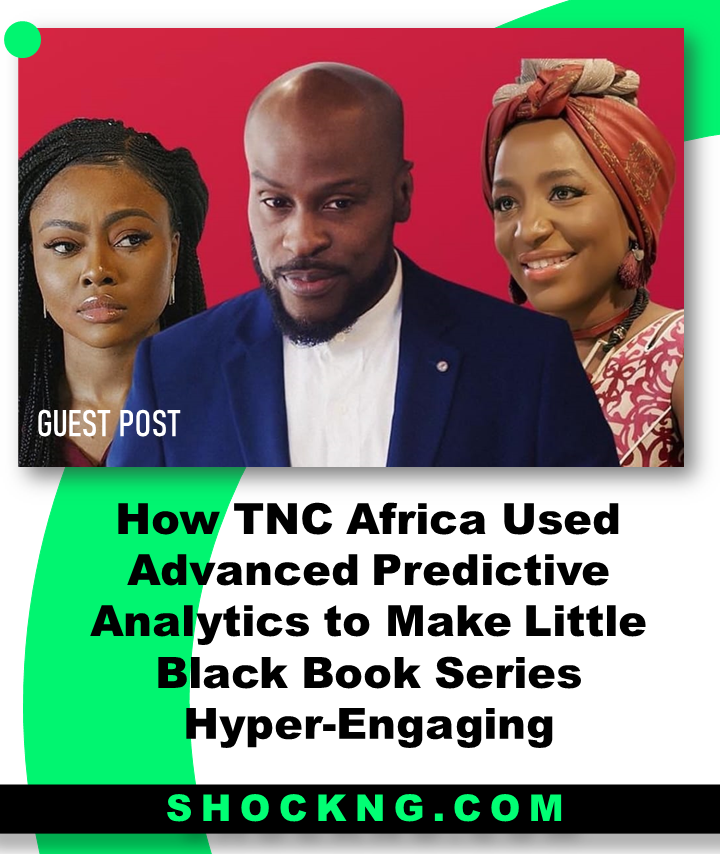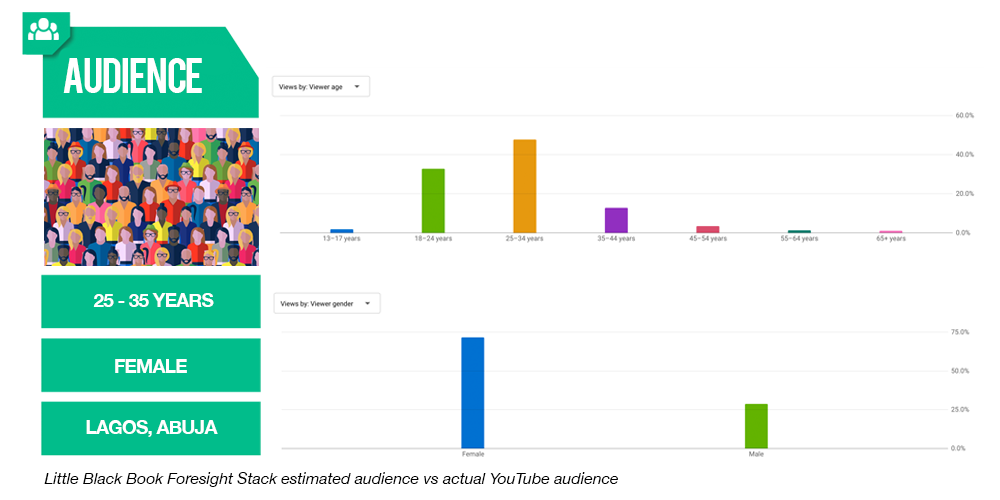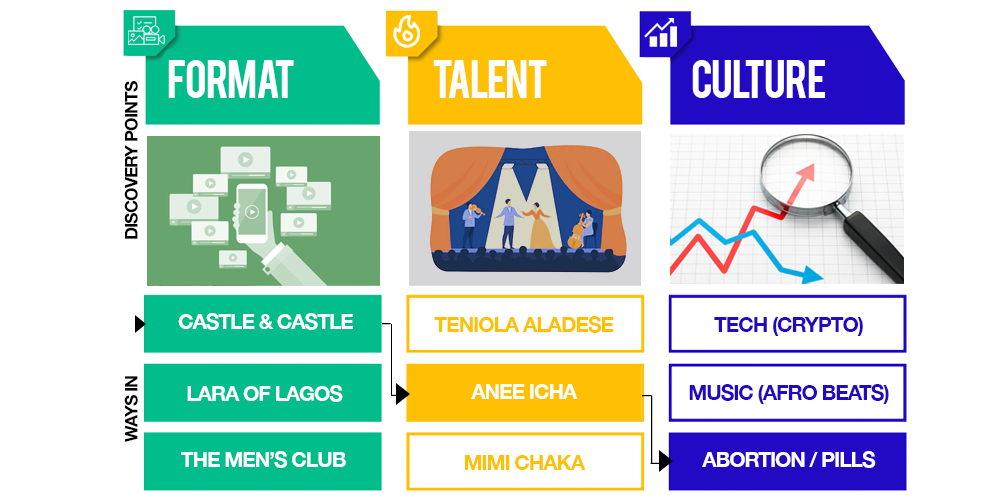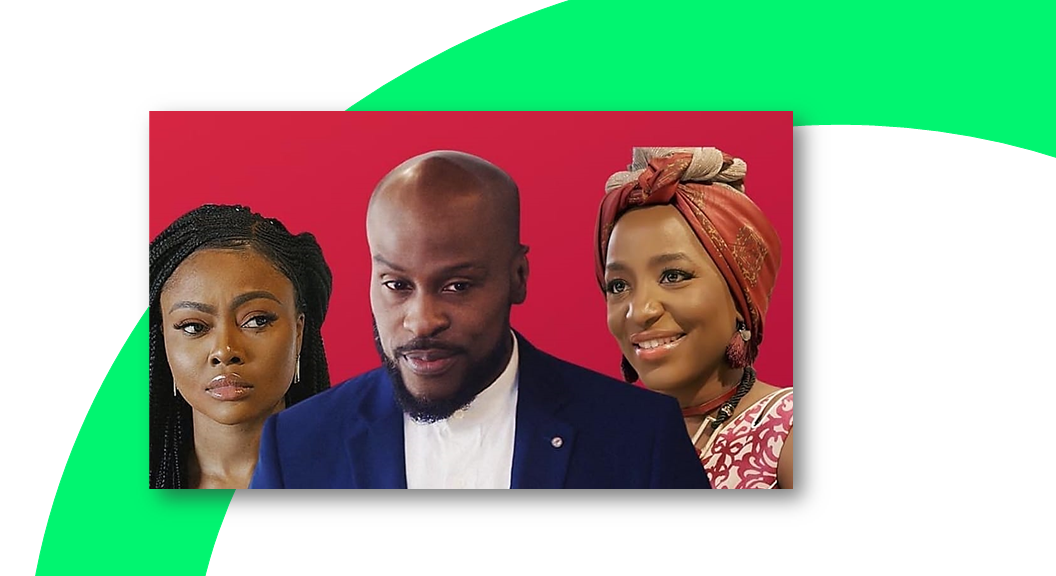The Story By Olawale Adetula⚡
Our attention is a limited resource. More than ever before, we have more information at our disposal, and this has led to an unprecedented level of demand for our attention.
Technology companies through their platforms such as Facebook, Instagram, Netflix, TikTok and many more, fuel this constant feeling of distraction because they rely on capturing your attention to make money by selling it to advertisers.
Every single mobile application is fighting for your attention, competing not just against other apps, but also against your friends, your family, your hobbies, and even your sleep.
Herbert Simon, the 1970s Nobel Prize-winning economist, coined the term “Attention Economy” saying: “What information consumes is the attention of its recipients. Hence a wealth of information creates a poverty of attention”

Tell Me More
As filmmakers, producers and content creators living in today’s attention economy and looking to earn a living through our craft, our work goes beyond being creative. Even the most creative and beautifully delivered pieces of content will still compete with endless hours of scrolling on Twitter, TikTok and many more distractions for attention. And so, as the saying goes, if we can’t beat them, shouldn’t we join them?
With over 15 years of experience in the marketing and digital media industry, I have seen firsthand, the power of data and analytics. When we were planning to launch TNC Africa in 2020, my co-founders and I were convinced that we wanted to create a tech-enabled production company that would combine technology with art to deliver content that is optimized for today’s attention economy.
Our launch show was going to be Little Black Book, which is an adaptation of a written blog series with the same title by Sally Kenneth Dadzie.
The original story was great and was part of this fantastic Universe Sally had created so we knew for a fact that on its own, the story would most likely do well. Being TNC Africa, we wanted more and that was what led to the development of our first tech product – Foresight Stack.
The ask was simple – how could we engineer hyper-engagement into the existing story?
How could we use data to provide insights and suggestions of story ideas we could add to what we had, that would increase the level of engagement our audience had with the content.
In short, how could we optimize the show to get more attention?
Before I jump in, let me pause to address the elephant in the room. Of course, there’s a dark and unethical part to this. That’s when technology is used to actively manipulate human behaviour with the sole aim of generating profit.
Many social media platforms have come under criticism recently for not doing enough to mitigate addiction to their platforms – especially for vulnerable users like minors. I completely agree with this, and this is why we have not allowed the ‘science’ to lead our work at TNC.
All our content is created by real people and the technology is only used as an enabler to enrich what is already there.
Know thy audience and know peace
The first step of optimizing content is knowing who the content is for.
As simple as this sounds, it isn’t. You would expect any writer or content creator to easily tell you who they think will interact and engage with their content the most. We also have stereotypical categorizations based on popular data that would suggest that women should be more interested in rom-coms while men would love action flicks.
But life isn’t always black and white and with exposure to information being at an all-time high, human behaviour has never been more complex.
How do you determine the audience for an action-packed rom-com? This is why nuance is required and this is where we begin our process. Our trained AI system analyzed the Little Black Book script to determine the best target audience for it.

It’s all in the data
Once we determined our bullseye audience, the next step was to analyze the largest audience behaviour datasets available to unlock actionable insights.
Foresight Stack looks through several data sources to identify patterns and trends that apply to the target audience in our key markets. Because this process can lead to thousands of potentially valuable insights, we went through an exercise that helped to narrow down the data to the most relevant ones for visual content.
We call these our key discovery points and the data covers three areas, talent, format and culture.
Where talent identifies key individuals who have been in more demand over the last 12 months, the format looks at the top-performing pieces of content in a similar category to the content you are creating and culture (which is the broadest), looks at the emerging patterns in and around popular culture for your target audience in the chosen market.
The insights
As we were just getting into the pandemic, people were consuming a lot of content and lockdowns were becoming more prevalent all over the world, the insights we got reflected the reality at the time.
For instance, coming off the success of the Lara of Lagos web series, which was popular at the time, Teniola Aladese emerged as one of the talents we could consider. Another interesting one was the chatter about ‘abortion pills’.
We spent a lot of time trying to rationalize some of these insights even though we didn’t need to because it was all there in the raw data but because the one on abortion threw us off, we had to dig some more. What we discovered was that, because of the lockdowns, many women were concerned about unwanted pregnancies and were spending more time online looking into contraceptives.
The Integration
We had some great insights and we could have used them all but we decided to prioritize and chose to explore ‘abortion pills’.
During the script writing process for season 1, we cautiously seeded the information we had to the writing team – it was important that we did this carefully because we didn’t know how anyone would react to being fed story ideas from a ‘computer’.
What followed was the process that led to the creation of two additional characters for the show.

Chris, played by Floyd Igbo and Dami, played by Anne Icha was introduced to the story so we could explore the abortion pills’ insight.
If you are yet to watch the show, I won’t spoil it for you (really, you should fix up and watch it), all I will say is, that Cris and Dami were a couple in transition and their arc, which had to do with an abortion unravels in episode 10 of the season.
https://www.youtube.com/watch?v=iXYQyXny1s8
The Results
Episode 10 has generated almost 2x more engagement than other episodes.

In the weeks immediately after its release, Episode 10 outperformed all other episodes in views.

The episode continues to attract more repeat viewers.

Engagement levels are visible within the comments section.

Till date, episode 10 of Little black Book season 1 has continued to perform better than other episodes on engagement-related metrics.

The Little Black Book series has gone on to receive critical acclaim across the industry.
It has been picked up and featured in several international festivals such as the Miami Web Series Festival, Copenhagen Web Festival, Black Web Festival and to crown it all, it was nominated in two categories – Best Writing and Best TV Series, at the recently concluded Africa Magic Viewer’s Choice Awards 2022. By all standards, it can be said to be a successful show.
At TNC Africa, our vision is to build more products like Foresight Stack and not keep the technology to ourselves but to make it available to content creators all over the world.




